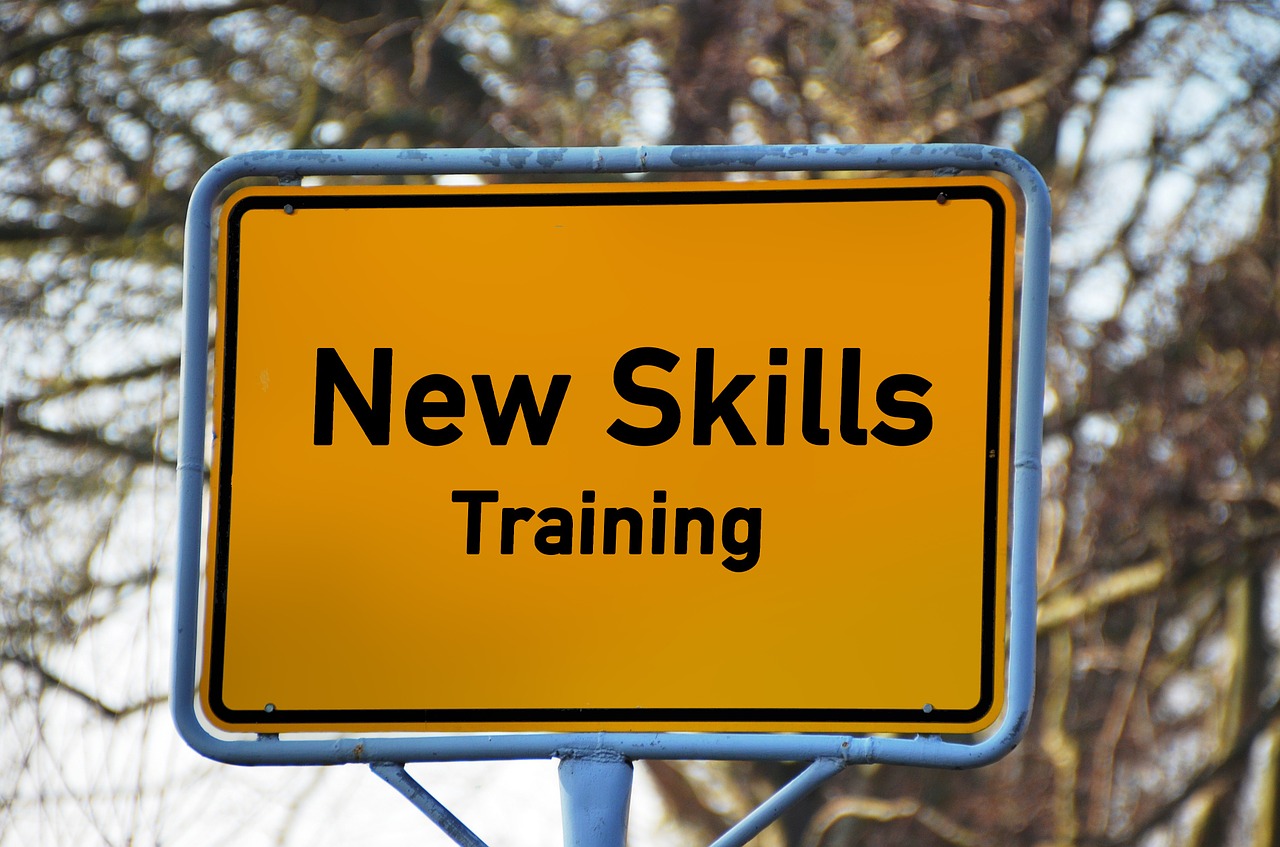The world of work is facing changes, not the least of which have been triggered by the global coronavirus pandemic. Workplaces have changed and will continue to as the world adjusts to a new normal. But even before dealing with this latest crisis, nearly all industries were facing a different issue: reskilling.
Recently, the World Economic Forum (WEF) declared a broad reskilling emergency, mainly due to the changing nature of jobs and industries affected by changes in technology. The WEF’s Centre for New Economy and Society Insight Report estimates that of all the children who started school in the year 2016, nearly two-thirds will eventually work in jobs that do not yet exist.
The report also noted that as many as 133 million new jobs are likely to develop across newer industries as early as 2022, while 75 million jobs are likely to be displaced. These circumstances mean that workers will need to continue pursuing reskilling opportunities to ensure they can adapt to the changing work environment. It is time to embrace intentional learning as a top leadership skill—your employment future may depend on it.
Widespread Changes across Industries
With widespread layoffs across a variety of industries, from airlines to energy, those who are lucky to be still gainfully employed cannot afford to ignore the reskilling emergency.
Planning for your future will require embracing wholeheartedly the opportunities for learning and leadership training that are available to you and continuing to seek out those opportunities when possible. The World Economic Forum is predicting that for nearly all industries and jobs, around 42 percent of the required core skills are expected to change, perhaps as soon as two years from now. If you want to ensure you remain an essential employee at your current workplace and valuable to other potential industries, cultivating a sense of intentional learning will be invaluable to you in the future.
What Is Intentional Learning?
Though the reskilling emergency was apparent even before the onset of the COVID-19 pandemic, many companies continue to struggle with meeting their goals where reskilling (also called upskilling) is concerned. Individuals also seem to struggle with the ability to learn new skills and become comfortable with topics that are as yet unfamiliar to them, potentially because of a lack of emphasis on developing the skills of an effective learner. Though training children to be intentional learners has been normalized, keeping that focus on adults is rarely a priority. This may be due in part to the past expectation that people should find a job or career and simply stay at that company or in that career for the rest of their working life. Today, such a static career path is rarely the case.
Intentional learners become masters of the particular mindsets and skills—such as a growth mindset and a sense of curiosity—that can make them more effective as learners. According to Stanford psychologist Carol Dweck, people generally possess either a fixed or a growth mindset.
Those with a fixed mindset view traits like personality, skills, talent, and other abilities as unchangeable. They also tend to believe you simply are the way you are, with little ability to change things about yourself.
On the other hand, those possessing a growth mindset view skills and intelligence as cultivated traits that you can change with work. It is this growth mindset that can help you improve your ability to be an effective learner, allowing you to shift your internal dialogue and make you believe change is possible.
Curiosity as a Lifelong Skill
Even if you do not consider yourself a curious person, it can be helpful to think of it as another skill you can cultivate. Try to focus on being more aware of your surroundings, think about connections between concepts that may seem unrelated, and remain open to new ideas. Cultivating curiosity can be as simple as trying out a new activity or developing new skills that relate to your interests outside of work.
Become an Intentional Learner
No matter where you are in your career, it will serve you well to become a more intentional learner. Work to seek feedback from those around you and plan to pursue it, practice new skills by focusing on the smaller details, and try to improve your goal-setting abilities. Many people focus on setting goals for the long-term, and though that is certainly an appropriate action, it can be even more helpful to set very small and specific goals. These types of goals can help motivate you to learn and improve, and the more concrete and achievable they are, the more likely you are to achieve them.
Becoming an intentional learner may be one of the most important skills you can develop. The misconception many people hold is that only technological skills will be important in the future of work, but that could not be further from the truth. Developing soft skills, like leadership, communication, and intentional learning, is likely to be even more important as we approach the new workplace standard of the future.

